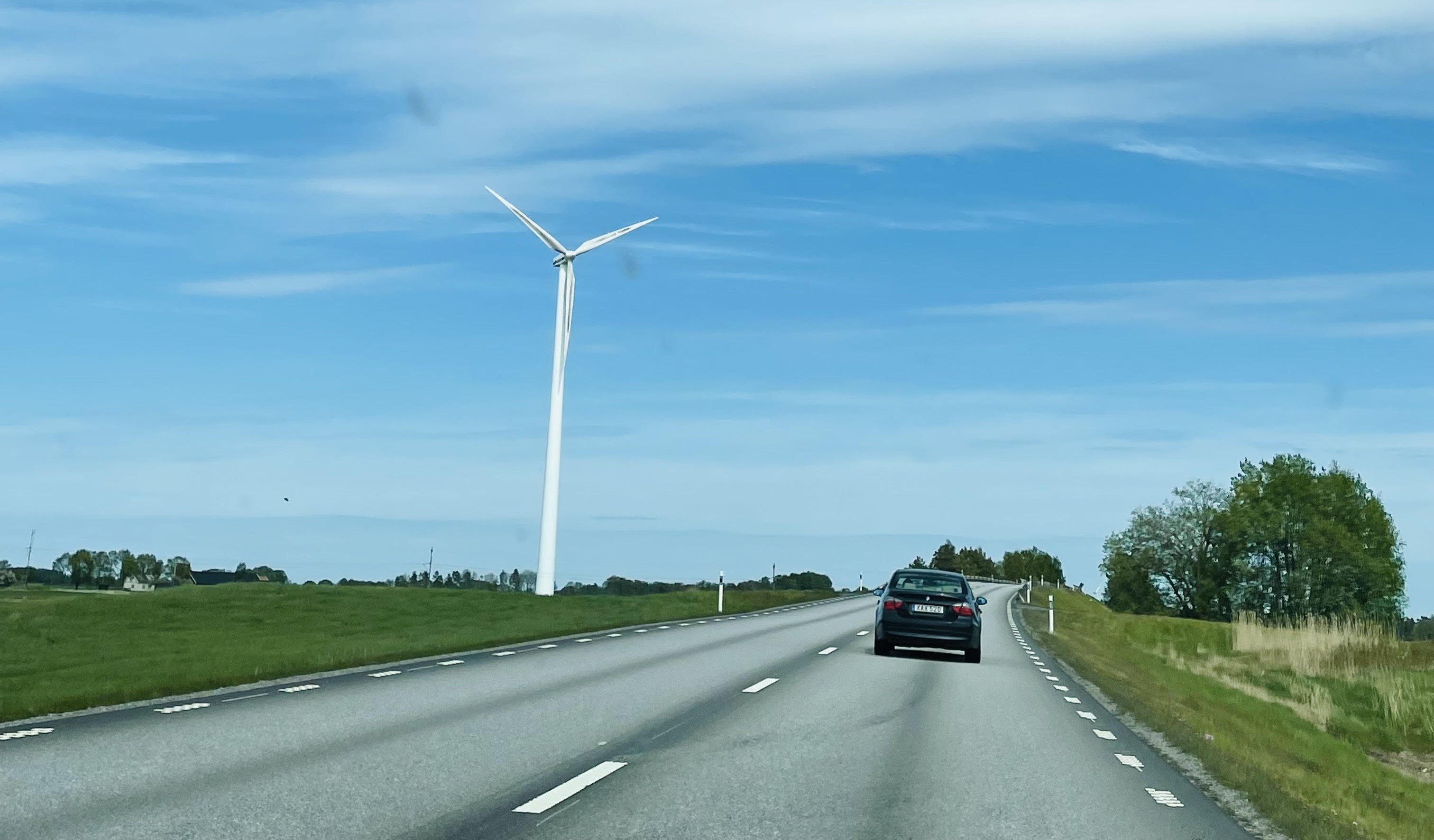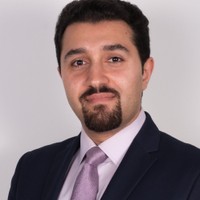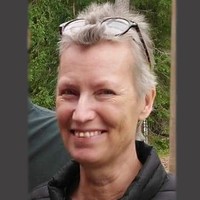Research projects within sustainable transport solutions and wind power granted funding
Region Stockholm
KTH and Region Stockholm jointly announce research funding of 4.8 million SEK annually for researchers at KTH within sustainable transport and regional development. Three projects have been granted funding in the last research call.

Two projects focus on sustainable transport solutions in the Stockholm public transport system, and the third has received project funding to increase opportunities for inclusive wind power planning in the ÖMS region (the seven regions in eastern Central Sweden).
Better Traffic Information Provision under Delays and Disruptions
Mohammad Maghrour Zefreh, researcher at the Department of Transport Planning at KTH, and his research group collaborates with SL (Stockholm Public Transport) on sustainable transport solutions aimed at increasing accessibility and reducing the environmental impact of the transport sector.

- Maintaining a reliable and efficient public transport system is crucial for urban areas striving to meet their climate goals, says Mohammad Maghrour Zefreh.
Disruptions and delays not only lead to frustration among passengers but also to negative chain reactions where all subsequent trains are delayed. This spiral results in far-reaching economic consequences for transport operators.
- With the research funding we have received, we will develop a visualization tool and algorithms to predict disruptions in the subway.
The aim of the project is to increase the well-being of passengers and operators.
- This tool will provide a more reliable and efficient public transport system that informs about disruptions and other unexpected events.
Data-Driven Simulation for Efficient Public Transport
By 2050, the population of Stockholm is expected to double, which risks overcrowded buses and trains and long queues of cars entering and leaving the city. Traditional measures to reduce congestion in public transport involve continuing to increase capacity, which will increase stress and noise levels throughout the city.

Matej Cebecauer, researcher at the Department of Transport Planning at KTH, aims to use data-driven simulation to find a more sustainable way to streamline the public transport system in the Stockholm region.
- By collecting information from ticket validation to delays, we are developing practical solutions for more sustainable travel.
- I agree with last year's recipient of the project grant, Zhenliang Ma, that the best thing about collaborating with Region Stockholm is seeing how research translates into practice," says Matej Cebecauer.
Wind power in the ÖMS regions - Support for Spatial Planning
The increased demand for electricity puts pressure on electricity production from renewable energy sources, and wind power is expected to play a key role. Wind power needs to be taken into account at an early stage in policy-making and planning, especially in densely populated areas where demand is high and electricity production is low.
Professor Ulla Mörtberg and her research group at the Department of Sustainable Development, Environmental Science, and Engineering at KTH (SEED) have developed the spatial multicriteria analysis (SMCA) tool, REWIND. Using maps and multidimensional sustainability assessments of wind power planning, REWIND will increase opportunities for inclusive wind power planning in the ÖMS region.

Ulla Mörtberg researches spatial analysis in wind power planning, integrating technical-economic, social, and ecological aspects.
- The goal is to design and evaluate alternatives for land-based wind power planning and integrate an energy system analysis, says Ulla Mörtberg.
The aim is to further develop the REWIND planning support tool that can be used e. g. in a supportive collaboration platform, linking regional and municipal planning levels. The first target is to design and evaluate on-shore wind power planning alternatives for the ÖMS region, while investigating robustness and uncertainties in the decision rules by exploring alternative scenarios.
Text: Sofia Tatsis
